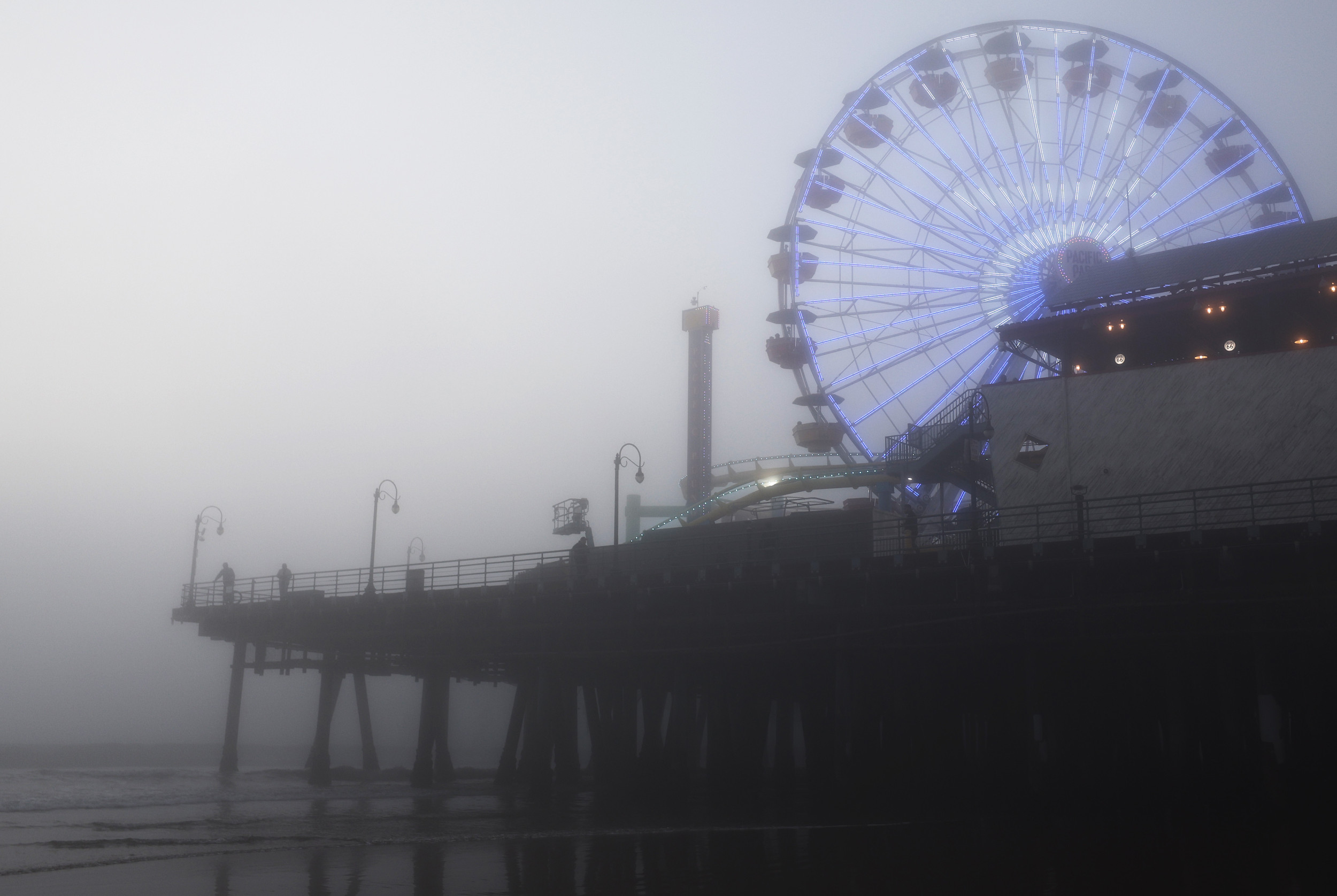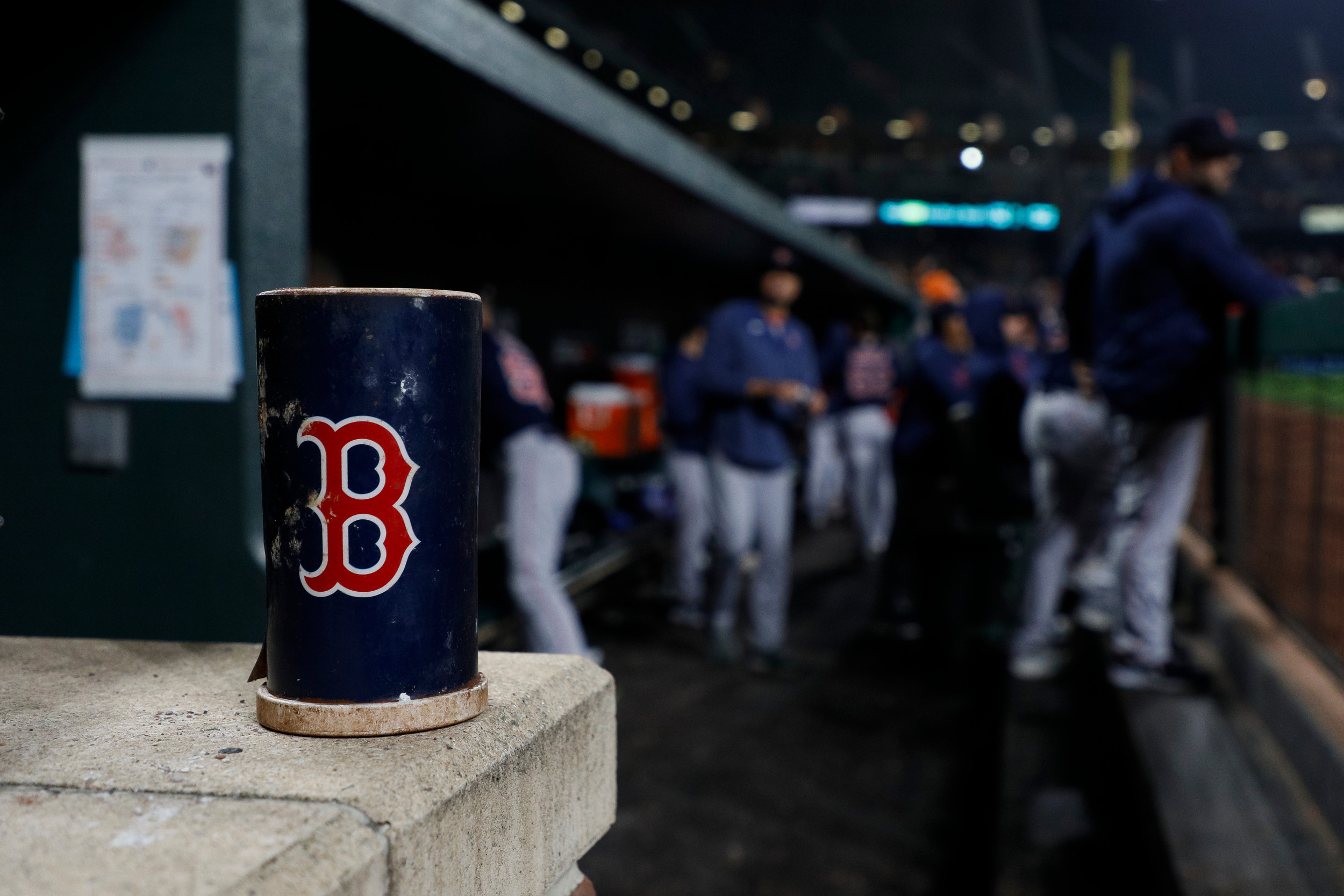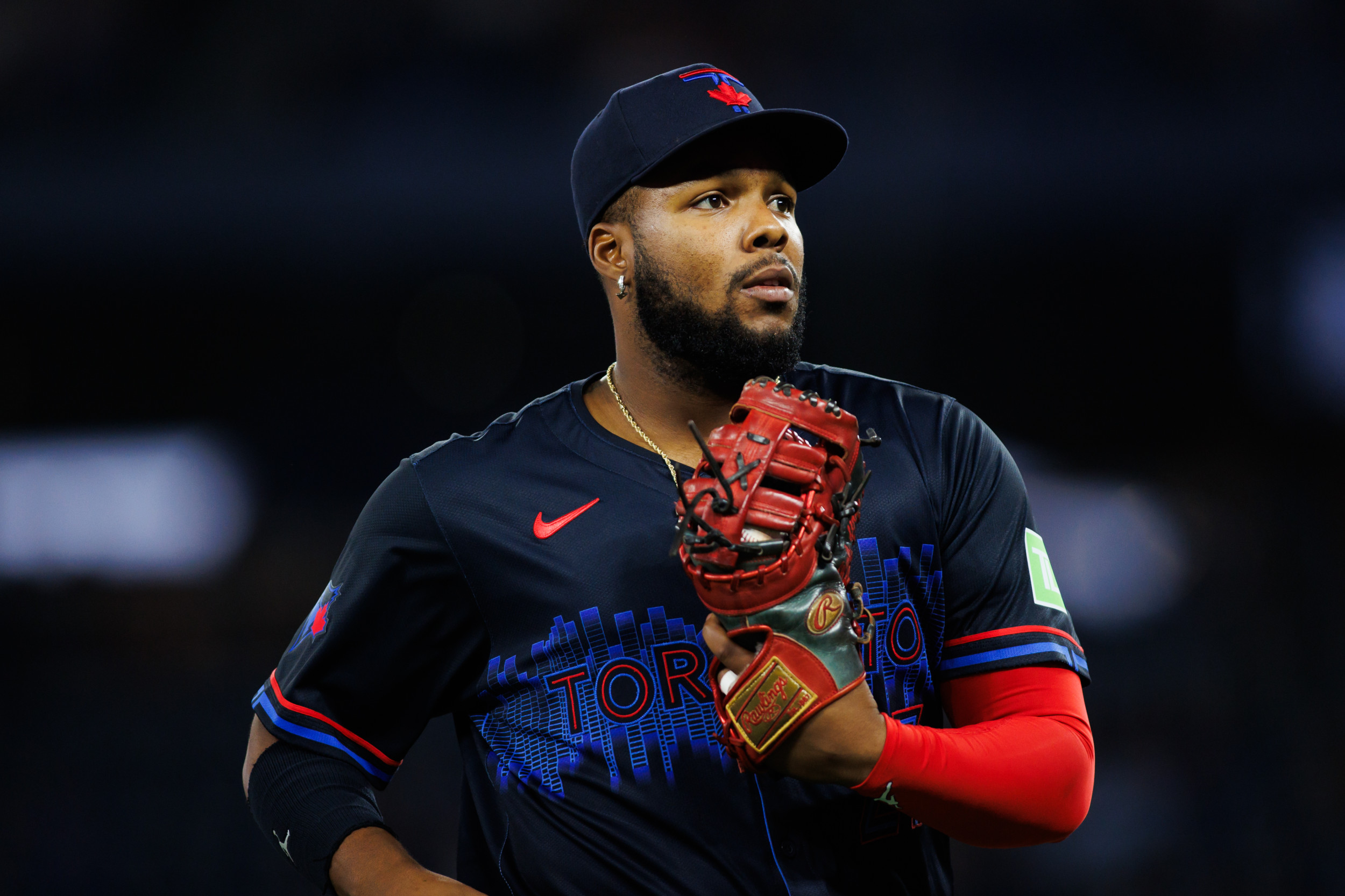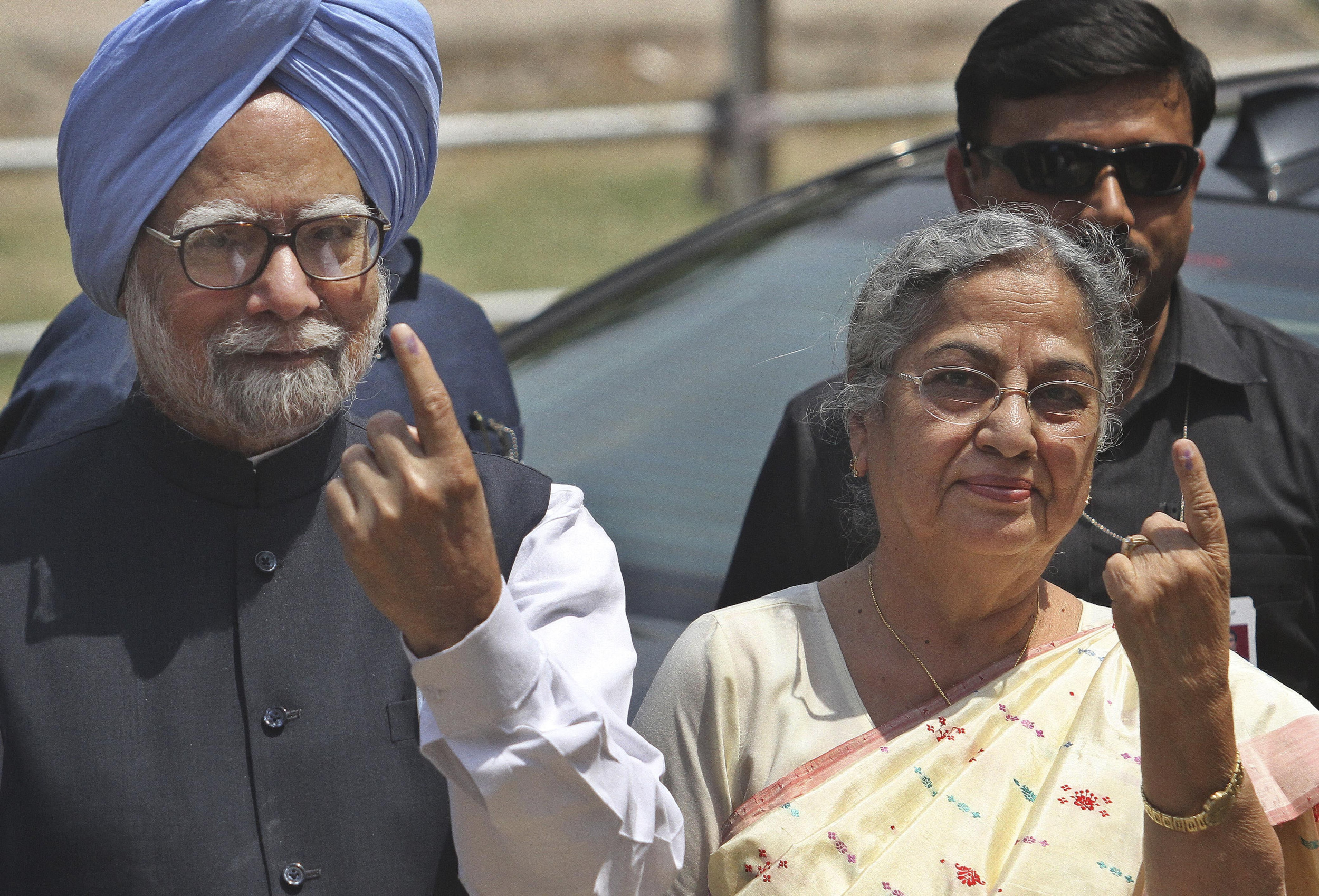Gen Z has been deemed the loneliest generation, according to a new study from GWI.
Roughly eight in 10 members of Gen Z said they had experienced feelings of loneliness over the last year, and two in 10 said they "often" feel lonely. Another 15 percent said they "regularly" feel lonely.
That was compared with just 72 percent, 60 percent and 45 percent of millennials, Gen X and baby boomers respectively.
"Gen Z is the loneliest generation because they've inherited a world that's fundamentally broken," HR consultant and generation expert Bryan Driscoll told Newsweek.
"Decades of prioritizing profits over people have left them with unaffordable housing, job insecurity and a constant barrage of social media-driven comparisons. Add to that the lack of real community and it's no wonder they're lonely."

For men particularly, being single was a strong source of loneliness. A third of Gen Z men said being single drove their loneliness, while one in 10 said pressure from social media was a contributing factor.
"There is no substitute for human connection and authentic community," psychotherapist Nicholas Hardy, who runs the Untherapeutic podcast, told Newsweek.
"Yet, unfortunately, for many who are Gen Z, technology has been used to substitute what originally was designed as a supplement. In my belief, this has been the greatest contributor of loneliness, a false sense of connection and community via technology. So much so, many lack the skills and knowledge needed to forge healthy relationships and bridge these gaps."
Only 17 percent of female Gen Z-ers said their relationship status was contributing to loneliness.
Regardless of gender, social media, low self-esteem, social anxiety and living situations all played a role.
"Loneliness among Gen Z is a multifaceted issue rooted in a combination of social, digital and developmental factors. Ultimately, this generation lives in a hyper-connected online world but may lack the depth of in-person interactions," Ravi Gill, a chartered health psychologist, said in a statement.
"Societal expectations of lifestyle" was a particular concern for Gen Z at 16 percent, affecting them more than any other generation. In comparison, Baby Boomers were four times less likely to say this impacts their loneliness.
"Societal expectations around success and relationships are particularly intense for Gen Z, with young men often facing traditional pressures to 'have it all figured out' early. This can leave them feeling inadequate or disconnected, especially if they don't meet those expectations," Gill said.
Altogether, 54 percent of baby boomers said they had not felt lonely over the past year. The same was true for 37 percent and 25 percent of Gen X-ers and millennials, but only 15 percent of Gen Z, according to around 2,000 Gen Z responses.
Gen Z also faced significant disruptions during their crucial development years due to the isolation they experienced during the coronavirus pandemic lockdown, Gill said.
"This time of isolation has been found to have had lasting effects on their self-esteem, social confidence and emotional well-being," Gill said. "Navigating out of the pandemic, Gen Z has also experienced additional stressors like economic uncertainty, academic pressures and concerns about global issues like climate change, which can amplify feelings of disconnection as they struggle to understand their place in the world."
The time in which Gen Z has grown up and started their young adult lives has been particularly challenging, according to Driscoll.
"They've never had a chance to build the social and economic foundation that older generations took for granted," he said. "The jobs Gen Z has access to are often low-wage, temporary gigs with no benefits. They're being sold the myth that individual hustle solves everything—it doesn't."
While older generations faced challenges like world wars, they didn't have a "24/7 cycle of doomscrolling" to show them "how badly the system is failing them," Driscoll said.
If these feelings of loneliness persist and Gen Z continues to feel disconnected from their communities, there could be ripple effects on everything from civic engagement to mental health crises, according to Driscoll.
"Loneliness isn't just an individual problem. As the surgeon general has warned, loneliness is an epidemic; it's a societal ticking time bomb," Driscoll said.
To fix this, Driscoll said we need solutions to affordable housing, accessible healthcare and living wages.
"What kind of society do we become when an entire generation feels isolated? We lose innovation, compassion and our humanity."




















 English (US) ·
English (US) ·